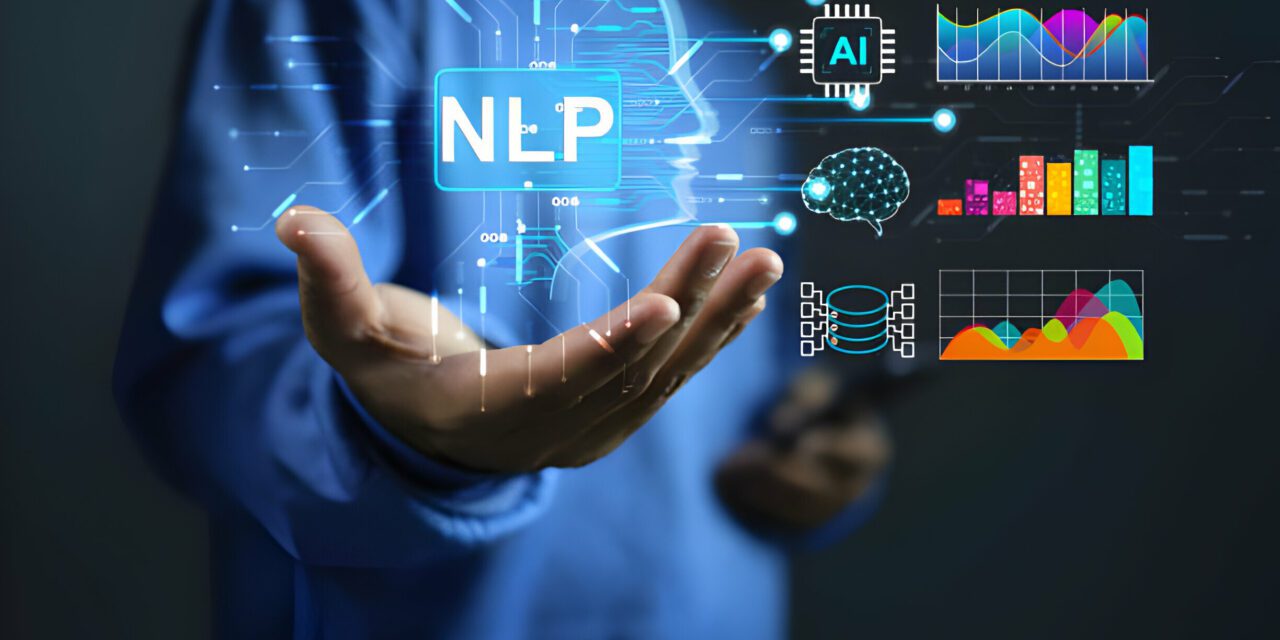Introduction to Integration of NLP
Natural Language Processing (NLP) has emerged as a game-changer in the field of artificial intelligence, enabling machines to understand, interpret, and generate human-like language. As technology continues to advance, the integration of NLP into various applications has become increasingly prevalent, revolutionizing industries and enhancing user experiences. In this blog post, we’ll explore the significance of NLP integration and its impact on different sectors.
- Understanding NLP:
Before delving into its integration, let’s grasp the fundamentals of NLP. NLP involves the interaction between computers and human language, encompassing tasks such as language translation, sentiment analysis, and speech recognition. With the ability to analyze vast amounts of textual data, NLP plays a pivotal role in unlocking valuable insights and improving decision-making processes.
- Enhancing User Interaction:
One of the most noticeable impacts of NLP integration is the improvement of user interaction in various applications. Virtual assistants like Siri, Google Assistant, and Amazon’s Alexa leverage NLP to comprehend and respond to user queries. This seamless interaction has reshaped the way we communicate with technology, making it more intuitive and user-friendly.
- Transforming Customer Support:
NLP is reshaping the customer support landscape by automating routine tasks and providing instant responses to user inquiries. Chatbots, powered by NLP algorithms, can understand user queries, extract relevant information, and deliver accurate responses. This not only reduces response times but also enhances the overall efficiency of customer support services.
- Revolutionizing Healthcare:
In the healthcare sector, the integration of NLP has proven transformative. NLP algorithms can analyze medical records, extract relevant information, and assist healthcare professionals in diagnosing and treating patients more efficiently. This not only saves time but also contributes to more accurate and personalized healthcare solutions.
- Facilitating Business Intelligence:
Businesses are leveraging NLP to extract valuable insights from unstructured data sources, such as social media, customer reviews, and news articles. Sentiment analysis powered by NLP enables companies to understand public opinion, improve products and services, and make data-driven decisions.
- Language Translation and Global Communication:
NLP has played a crucial role in breaking down language barriers through real-time language translation. Applications like Google Translate utilize NLP algorithms to provide accurate translations, facilitating global communication and collaboration.
- Challenges and Ethical Considerations:
While NLP integration offers immense benefits, it also poses challenges such as bias in language models and concerns about data privacy. Ethical considerations surrounding the responsible use of NLP technology are crucial to address as its integration continues to expand.
- Future Outlook:
As technology continues to evolve, the future of NLP integration holds even more promise. Advancements in deep learning and neural networks will likely lead to more sophisticated language models, further enhancing the capabilities of NLP across diverse applications.
Conclusion
The integration of NLP into various sectors has undeniably transformed the way we interact with technology and handle vast amounts of textual data. From improving user experiences to revolutionizing healthcare and business intelligence, NLP’s impact is far-reaching. As we navigate the evolving landscape of artificial intelligence, responsible and ethical use of NLP will be crucial to unlocking its full potential and ensuring a positive impact on society.





